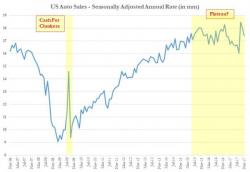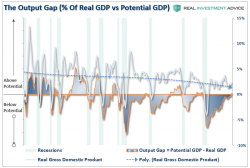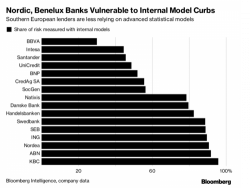Bitcoin Has A "Whale" Problem: 1,000 Investors Control Nearly Half The Market

If Jay Gould were alive today, he would've traded bitcoin.
Perhaps the most blatant hypocrisy perpetrated by bitcoin evangelists is their insistence that bitcoin and other digital currencies represent a return to a truly democratic financial system beyond the control of banks and other special interests, where players small and large can earn enormous profits simply by HODLing.



